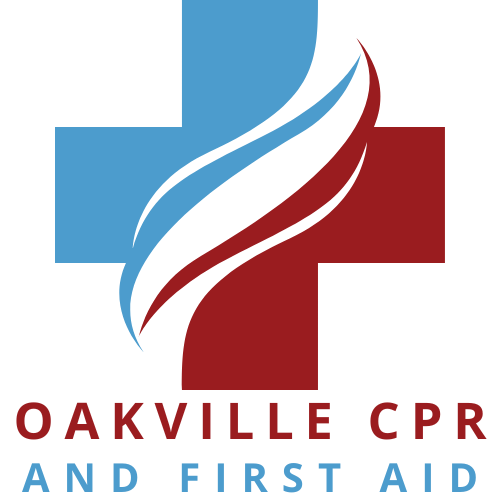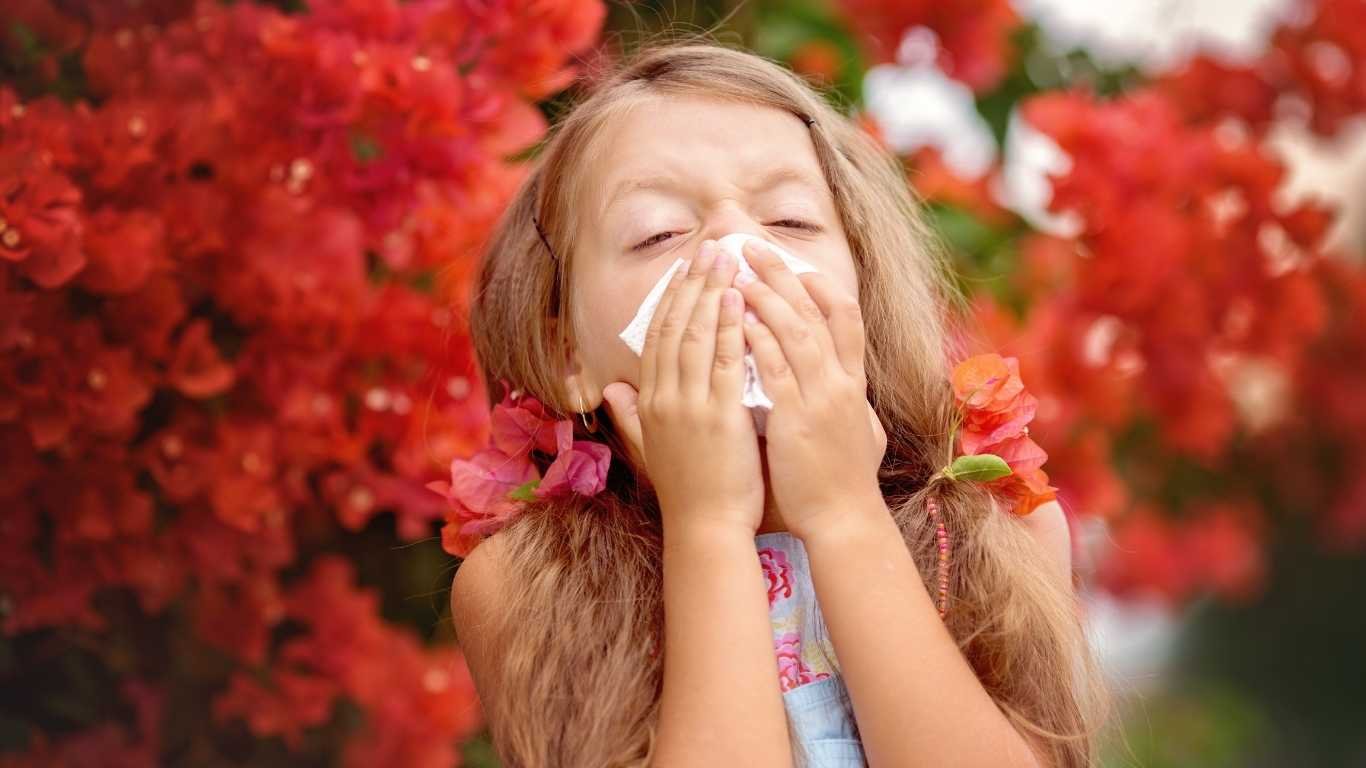Here are The 5 Most Common Medical Emergencies you'll Face in a Child Care Setting (and What To DO about them)
Do you work in a Daycare?
Working in a child care setting can be a lot of fun.
You get to interact with kids all day and help them learn and grow. However, it's important to be prepared for the occasional medical emergency.
Here are the most common medical emergencies you'll face in a child care setting, along with some tips on how to handle them.
1. Allergic Reactions
Allergic reactions are an excessive response from your immune system when a person becomes in contact with an allergen. The environment, food, insect bite or other substances, can trigger these reactions.
It is the most common medical emergency you'll face in a child care setting.
If a child has an allergic reaction, they may experience mild symptoms such as hives, redness, itching or a more severe symptoms such as swelling of the face or throat, difficulty breathing, and dizziness. If you suspect that a child is having a severe allergic reaction, call 911 immediately and give the child their prescribed epinephrine injection if one is available right!
Have you heard of an Anaphylactic Reaction? Maybe Anaphylactic Shock?
If not, it might be a good idea to brush up on the subject since it is a medical emergency that could happen in your child care setting. Anaphylaxis is a severe, potentially life-threatening allergic reaction. It can occur within seconds or minutes of exposure to an allergen and can cause death within minutes if appropriate steps are not taken.
There are a few things you can do to help prevent anaphylaxis in your child care setting. First, be First Aid & CPR Trained and Certified! That should be obvious. This will help you recognize the signs and symptoms of anaphylaxis, and know how to respond properly. Second, have a plan in place for what to do if someone has an anaphylactic reaction. And third, make sure that you have the necessary supplies on hand, such as epinephrine injectors (EpiPens).
2. Asthma Attacks
Asthma attacks are another common medical emergency in child care settings.
If a child is having an asthma attack, they may experience shortness of breath, wheezing, coughing, and chest tightness. If you suspect that a child is having an asthma attack, call 911 immediately and give the child a rescue inhaler if one is available.
Do you remember the rule about assisting a child with medication? In Ontario, Canada, and many other places, there is a rule about not administering medication to children unless you are specifically trained to do so. This includes rescue inhalers for asthma. Also, to administer medication, it needs to be prescribed.
So, if a child in your care is asthmatic, make sure that you are trained in how to use their rescue inhaler. And, as always, have a plan in place for what to do if someone has an asthma attack.
3. Bleeding
Bleeding is another common medical emergency in child care settings.
As we all know, kids can be WILD! It's very common for kids to get cuts, scrapes, or other wounds that bleed.
If you suspect that a child is bleeding, reassure the child and calm them down as you evaluate the wound. Stopping the bleeding is first priority. It may be a simple matter of flushing it with cold water and covering it with a band-aid.
If the wound is more severe, you may need to call 911, wash the wound with gentle soap and water, and cover with both gauze and a bandage. After wound care, make sure to apply pressure to the wound and keep the child still as you await paramedics, notifying the child's parents or guardians in the process.
For nose bleeds, do you know whether to tilt the head up or down? The answer is: down! This drains out the blood and avoids airway obstructions.
4. Seizures
Seizures are another common medical emergency that can occur in children.
If a child is having a seizure, they may lose consciousness and have muscle spasms or convulsions. If you suspect that a child is having a seizure, call 911 immediately and do not try to restrain the child's movement.
Did you ever hear advice like, "put a spoon in the mouth of the person having a seizure?" Some people used to think that was a good idea, but now we know that it's actually harmful and can cause further injury. Imagine a person having a seizure with a spoon hanging out of their mouth, potentially getting lodged deeper in their throat! The best thing you can do is to keep the child safe by moving any harmful objects out of the way, and cushioning their head if possible.
5. Choking
Choking is very common medical emergency in child care settings.
If a child is choking, they may have difficulty breathing, may begin coughing, or worst of all - will have difficulty making any noise at all!
One of the primary arguments for mandatory Daycare & Child Care CPR Training is the extremely dangerous risk of infant & child choking. Did you know that the number 1 cause of death for infants and children is choking? It's true. And it's highly preventable!
One of the most important techniques you can learn for a choking child is Abdominal Thrusts (commonly known as "The Heimlich Maneuver”). It's a life-saving technique that anyone can learn.
Transitioning through all 3 phases of choking response, from encouraging coughing, to the Abdominal Thrust, to the worst case scenario - chest compressions on an unresponsive child - takes training. The right training provides the ability to respond effectively despite intense pressure.
There are not many situations in life that are as high pressure as being the primary caregiver of an unresponsive child who is not breathing.
That's where Oakville CPR and First Aid comes in! We're your #1 spot for Child Care and Daycare CPR & First Aid training. We'd love to set your team up with our "Daycare Discount Program," which you can request here.
You can also check out all of our Child Care and Daycare First Aid & CPR Training Course Options at this link - contact us anytime!
In Conclusion: We NEED You to be Ready!
Child care workers play such an important role in the lives of children.
Although their primary role is to provide care and guidance during the crucial early years of development, parents & guardians above all count on them for keeping their children safe and healthy.
By being aware of the most common medical emergencies faced in child care settings, and by keeping your skills sharp with the right First Aid & CPR Training Provider, you will be ready to handle any of these should they arise.






